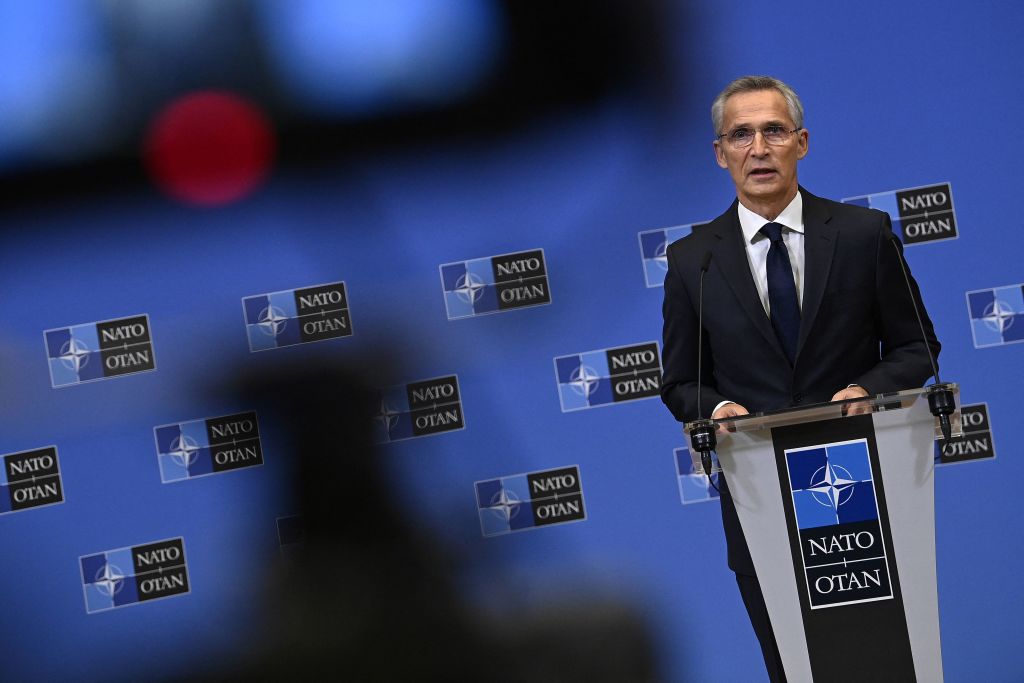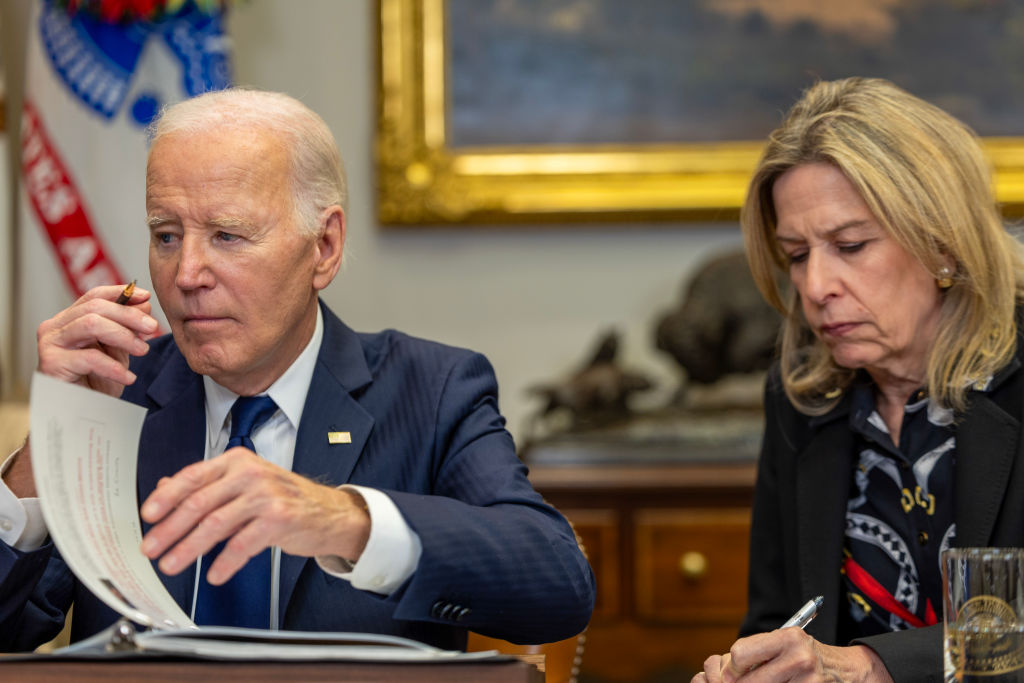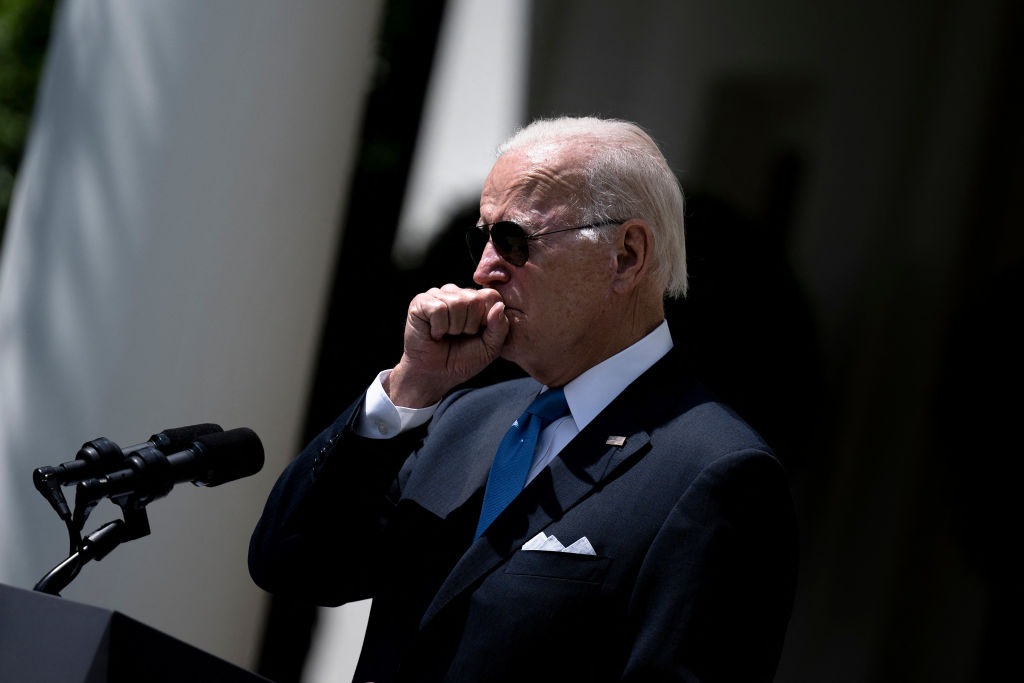Mid-afternoon Tuesday, a missile struck the town of Przewodow in eastern Poland close to the Ukrainian border, killing two. The incident immediately set off alarm bells around NATO and the world, as Poland, a member of the military alliance, could invoke Article 5 of the North Atlantic Treaty, bringing all 30 members to its defense.
The Polish government is considering invoking Article 4 of the treaty, which allows any member state to call a meeting of all members to discern if “territorial integrity, political independence or security… is threatened.” NATO was due to meet on Wednesday anyway, but the tragedy in Poland has superseded the gathering’s planned lineup.
After the incident, the alliance immediately began investigating the origins of the missile, which is essential to determining what the response should be. Poland asserted that the missile was of Russian manufauicture, but President Andrej Duda was careful to specify that who launched it was still unclear. Ukraine and Russia use many Soviet-era missile systems, so just because the weapon was manufactured in Russia does not mean it is Russian.
As the hours ticked by, the investigation suggested that the missile was a stray, a Ukrainian launch intended for a Russian missile that lost track of its target or malfunctioned, making its way across the Polish border. This eased fears of an escalation. That this did not happen sooner is almost more surprising than that it just did. Over the course of the nearly nine-month conflict, thousands of missiles have been fired by both sides. Incidents of stray weapons hitting neighboring countries have occurred, but this is the first case where there were fatalities.
It is important for NATO’s leaders to remain clear-headed and not rashly jump to conclusions. It is also vital they show their steadfast commitment to Poland, lest Russia interpret an overly cautious response as a sign of weakness. So far, alliance members have handled Tuesday’s crisis with acuity. President Biden spoke to Duda and emphasized America’s commitment to NATO, while European leaders rallied behind Poland. At the same time, the allies largely avoided prematurely casting blame. Poland in particular deserves praise for its handling of the situation.
Russia’s UN envoy, by contrast, asserted that the missile strike was meant to “provoke a direct military clash between NATO and Russia” — a classic hyperbolic response from Moscow.
Had the missile turned out to have been fired by Russia, the response would have hinged on whether or not a NATO ally was the intended target. If it was intentional, a proportional response would be necessary, with the invocation of Article 5 becoming a real possibility. If it was an accident, then a response would still be warranted, though something more along the lines of increasing military aid to Ukraine, bolstering NATO’s eastern presence, or carrying out drills along the alliance’s eastern flank.
In any case, for tragedies like this to be avoided in the future, NATO members will need to take decisive action both inside their borders and in support of Ukraine. Stationing more anti-aircraft/anti-missile systems near the Polish border — preferably from multiple nations to show solidarity — would go a long way towards calming frayed nerves on the alliance’s eastern flank and providing added capacity to protect allied airspace.
What would prove even more effective, though, would be the provision of larger numbers of these systems to Ukraine. The beleaguered country needs them, and supplying them would offer NATO real security benefits. This may require countries to dig into their own arsenals a bit more, but that is a worthwhile price to pay if the alternative is rogue missiles flying into their airspace.

























